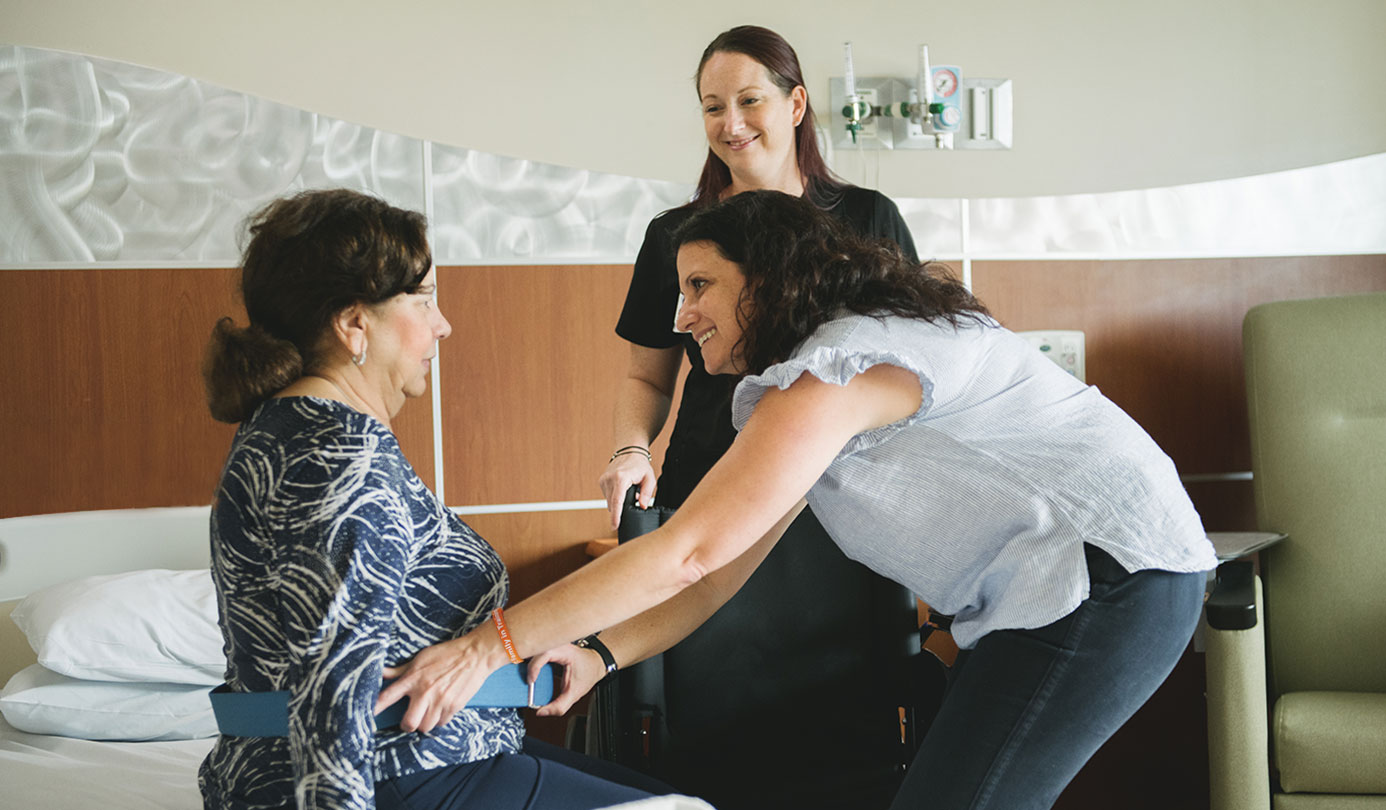Emergency Department Overdose Prevention
Our Emergency Department Overdose Prevention program provides immediate access to care for individuals with substance use disorders.
Hope and recovery are within reach. Contact us today and start the healing process.
954-276-3400Our Emergency Department (ED) Overdose Prevention program program provides immediate, compassionate care for patients facing substance use challenges, including opioids, stimulants, and polysubstance use.
A multidisciplinary team—ED physicians, behavioral health nurses, clinical pharmacy specialists, peer specialists, licensed mental health counselors, and care coordinators—delivers screening, brief intervention, and referral to treatment. Whether a patient presents with an overdose or complications from substance use, our team acts quickly to connect them with the right supports and pathways to recovery.
Medication Assisted Treatment (MAT)
We help patients begin Medication‑Assisted Treatment (MAT), an evidence‑based approach proven to reduce overdose risk and support recovery. MAT combines medications such as buprenorphine with counseling and peer support to help patients stabilize, stay engaged in treatment, and build resilience. You don’t need to be completely off opioids to start; what matters most is taking the first step and staying connected to care.
How does the Emergency Overdose Prevention program work?
Treatment begins in the ED, intervening at a critical moment for patients at high risk. The ED serves as a patient‑centered, open‑access setting where individuals can receive immediate support. We connect patients with the help they need right away, whether that means starting MAT, receiving a naloxone (Narcan) kit, getting a treatment referral, or engaging with our care team. We also provide care coordination to link patients with housing, employment, and peer support, ensuring recovery is reinforced by both medical care and community resources.
Together, we focus on helping each patient take the next step toward recovery with care that is compassionate, evidence‑based, and tailored to their needs.
Immediate ED care that connects patients with treatment, MAT, naloxone, and community support.

Person In Recovery Testimonial: Medication Assisted Treatment Program At Memorial Healthcare System
-
Low-barrier Access
The Emergency Department is a safe, welcoming place to begin recovery—even if you haven’t been able to attend clinic appointments.
-
Peer Support
Peer specialists with lived experience offer support, encouragement, and hope.
-
Start Treatment
Our team can start Medication Assisted Treatment in the Emergency Department.
-
Social Support
We help connect you to housing, shelter, and other essential services.
Naloxone (Narcan) Kits
Memorial provides naloxone (Narcan) kits at no cost for patients and/or their families as a harm reduction effort to save lives from drug overdoses.
- MAT Pharmacist: 954-265-4826 (Monday-Friday, 8 am-4:30 pm)
- MAT Peer: 954-265-4633 (7 days a week, 7 am - 7 pm)
- MAT Team: 954-265-4632 (Monday-Friday, 8 am - 4:30 pm)
Narcan kits are also available at no cost at any of the retail pharmacies at any Memorial Healthcare System hospital.

Patient- and Family-Centered Care
We treat patients and family members as partners in healthcare.



